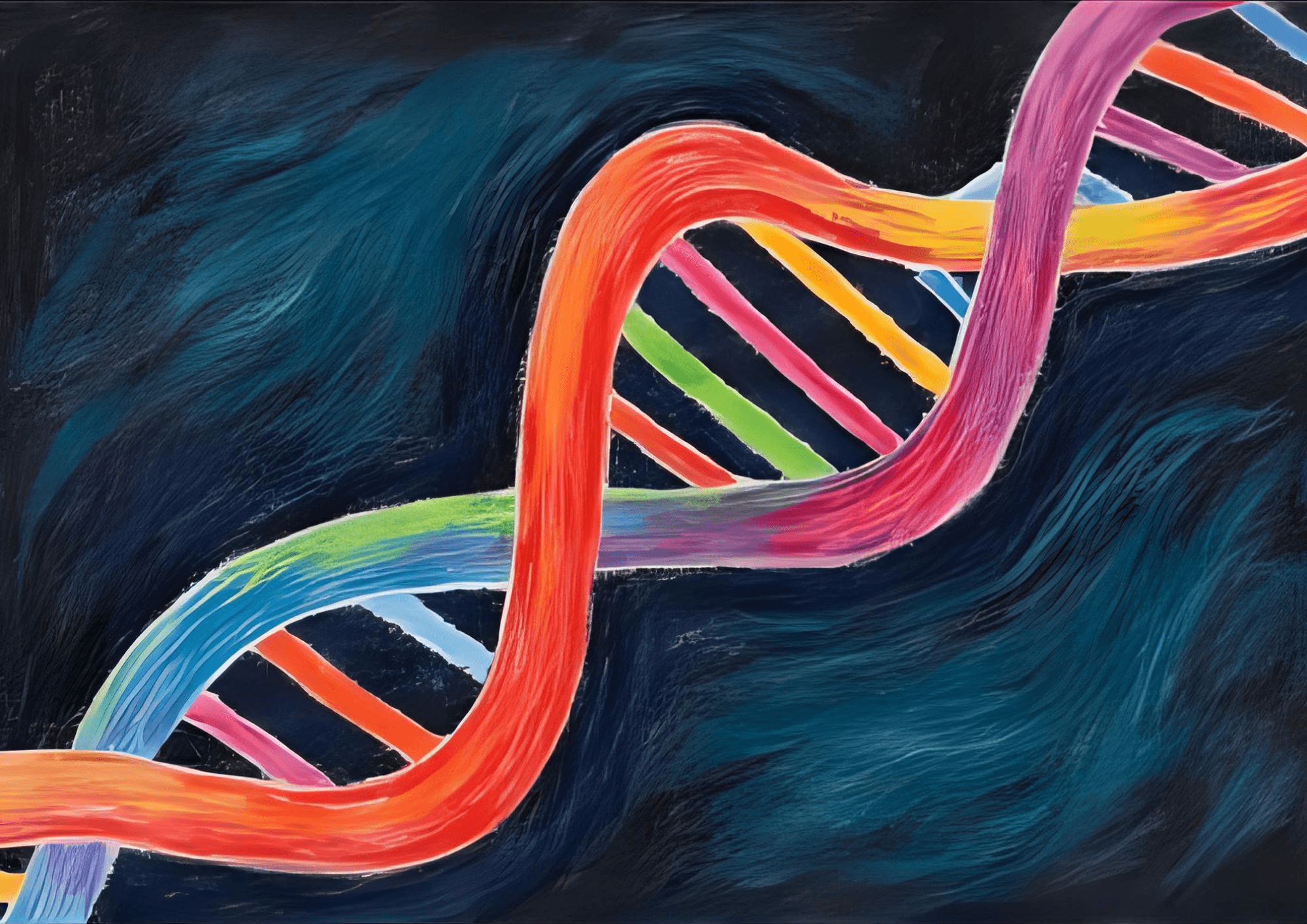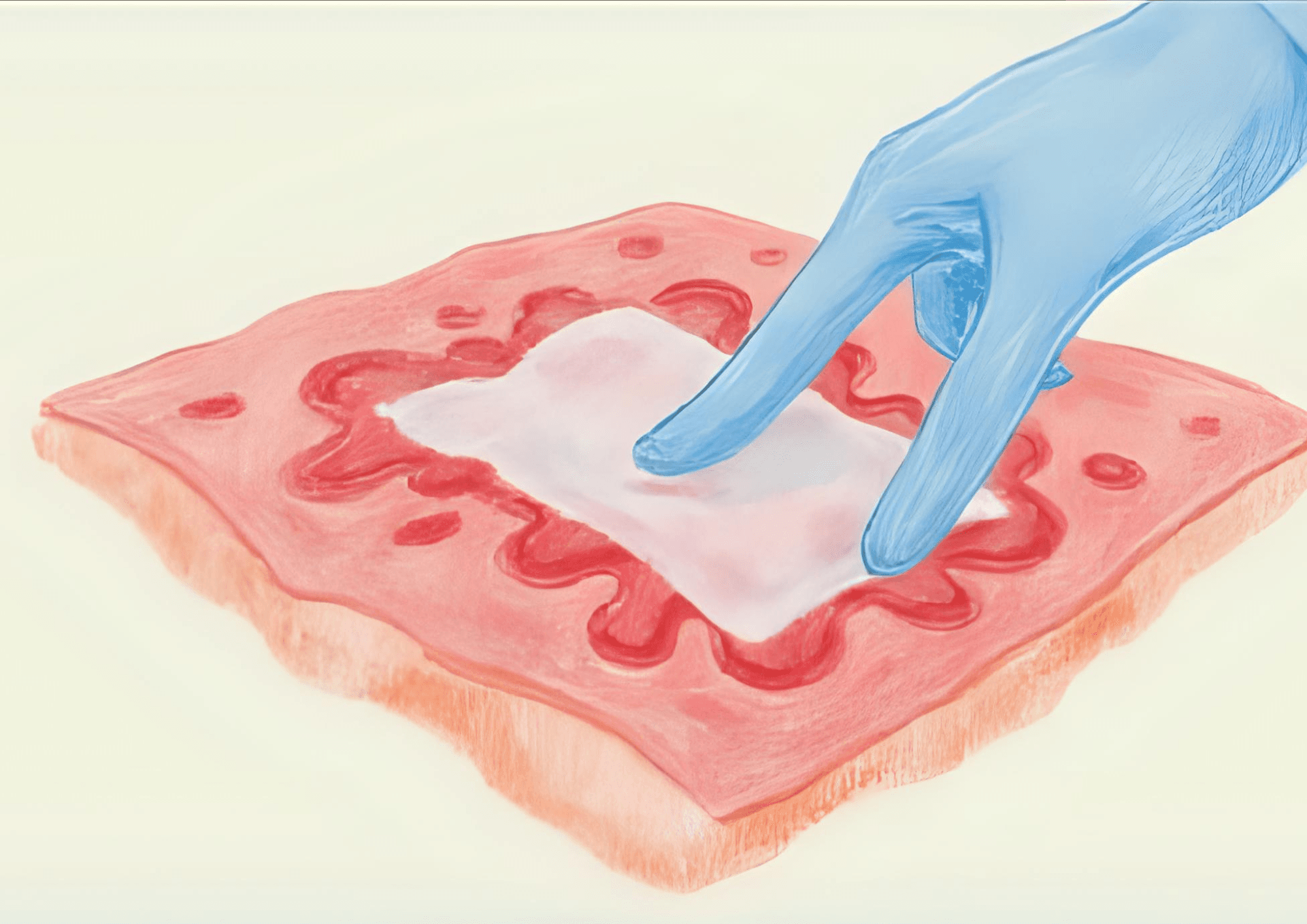03 Jul 2025
10 MIN READ
Excessive sugar in your meals may jumble your brain functions
Your brain does not store energy, but it stores memories. It needs a constant supply of glucose, nearly 120 grams daily, to maintain its function.
Sugar in your meals is the source of quick energy. You need 24 to 40 grams of sugar for your daily functions.
our brain uses half of the sugar intake daily to maintain nerve cells, neurons, and the brain lobes.
Excess sugar intake is called “empty calories.” You hardly need them.
Elevated blood sugar levels over the years may damage the brain's blood vessels, limiting the oxygen-rich blood. Hence, brain cells die.
Gradually, your brain fails to retain memories and thinking abilities.
A survey in 2013 found that 180,000 deaths globally were due to sugary beverages consumption. The US accounted for nearly 25,000 deaths.
Sugar: Know the facts
Sugar became popular in every household during the 19th century.
-
A soluble carbohydrate
-
Sweet
-
Found in plant tissues
-
Available in fruits, vegetables, and whole grains
-
Inflammable
Indians processed sugarcane into granules, making it convenient for storage and transportation.
How does refined sugar differ from natural sugar?
Refined sugar differs from natural sugar in its treatment.
Sugar refining eliminates all other qualities of sugar, retaining its sweet taste. It comes in various forms:
-
White sugar
-
Brown sugar
-
Corn syrup
-
Palm sugar
-
Coconut sugar
-
Caramel
If you have a cut or a wound, put some sugar on it. It will reduce the pain and accelerate the healing period.
A trending option for many
Refined sugar is a part of many processed foods. It is
Relatively cheaper
-
Available everywhere
-
Triggers the dopamine hormone
-
Develops an addiction to sugar-based foods
-
Satisfies taste buds
-
A rapid energy booster
Many individuals are unaware of the unrevealed dangers of sugar.
For instance, many companies separate the sugars of a product into different labels such as brown sugar, molasses, or honey. Each has a specific sugar content.
As a result, consumers see that the sugar is low, which misleads them.
Countries contributing to a 4.3% rise in sugar intake from 2024 to 2025 are:
-
China
-
India
-
European Union
-
The USA
-
Brazil
-
Indonesia
-
Russia
-
Egypt
-
Mexico
-
Pakistan
Refined sugar effects on your body
A series of ill effects arise from high refined sugar intake, such as:
-
Type 2 Diabetes
-
Obesity
-
Tooth decay
-
Immunity disorders
-
Heart diseases
-
Sugar cravings
-
Skin aging
-
Inflammation
-
Cancer
-
Liver damage
-
Poor sleep
-
Fatigue
-
High blood glucose levels
-
Pancreatic damage
How does your brain work normally?
Your brain works like a big computer, managing the body's involuntary controls.
It has countless neurons to relay information in a split second.
These are:
-
Processing information
-
Conveying messages
-
Feeling senses
-
Coordinating thoughts
-
Developing emotions
-
Maintaining behavior
-
Managing mobility
-
Maintaining healthy vital organs
The right lobe of your brain manages the left part of your body, and vice versa.
Each time your heart beats, nearly 20% to 25% of blood is pumped into your brain.
The deeper you think, the higher the oxygen demand for your brain.
Effects of high sugar foods on your brain
A 2012 study by the University of California says that there is a positive relationship between excessive sugar intake and cell aging.
High sugar in your blood may cause various difficulties in your daily survival. The ill effects are:
-
Memory network damage
-
Brain shrinkage
-
Cognitive dysfunction
-
Damage brain neurons
-
The brain fails to convey signals
-
Learning incapability
-
Difficulty in identifying objects
-
Body functions decline
-
Dementia
-
Disability to understanding ideas
People may face emotional outbursts like mood changes, anxiety, or depression.
Gut health is proportional to brain health
The gut-brain axis is a two-way communication system. It connects the nervous system with the digestive system.
-
The gut-brain axis joins your brain and gut..
-
Your gut develops serotonin, a neurotransmitter.
-
It helps the brain work and regulate immune responses.
-
Mental disturbances can lead your gut face bowel disorders.
-
Likewise, bloating or diarrhea causes mental depression.
A research paper published in Molecular Psychiatry states that addressing mental health can improve gut health, and conversely.
Science talks about sugar reduction
People, being aware of the disadvantages, do not add sugar to their beverages.
However, sugar consumption should not be less than 5 grams.
Otherwise, these symptoms may arise:
-
Pale look
-
Sweating
-
Headache
-
Tremors
-
Nausea
-
Irregular heartbeats
-
Dizziness
-
Numbness in the lips or tongue
-
Irritation
-
Difficulty in concentration
-
Tiredness
It is necessary to maintain the sugar balance in your body.
Lowering your sweet intake brings multiple benefits, like:
-
Minimizes heart disease
-
Lowers blood sugar levels
-
Prevents insulin opposition
-
Maintains BMI
-
Protects your brain functions
-
Preserves memory
-
Balances gut health
-
Maintains dental health
-
Enhances emotions
-
Reduces chronic diseases
-
Maintains longevity
The sugar damage is reversible
It is an unfolded secret that some of the sugar symptoms can be reversed, except the skin aging. It takes a long time to nourish your skin to bring back the bounce.
However, the reversible transformations are:
-
Regaining healthy neurotransmitters
-
Reduced inflammation
-
Gut-brain axis stays healthy
-
Healthy brain cells
-
Hormonal balance
-
Healthy heart
-
Collagen regeneration
Want to cut sugar?
Sugar is an essential element for our daily lifestyle. It fuels your brain, body, organs, and movements. It maintains a balance between your brain and body. From sports to cooking, both require energy that comes from sugar. So, try healthy substitutes instead of high-calorie refined sugars. Try fruits as an alternative to market-bought sweet foods, and tell us how many calories you lost?



